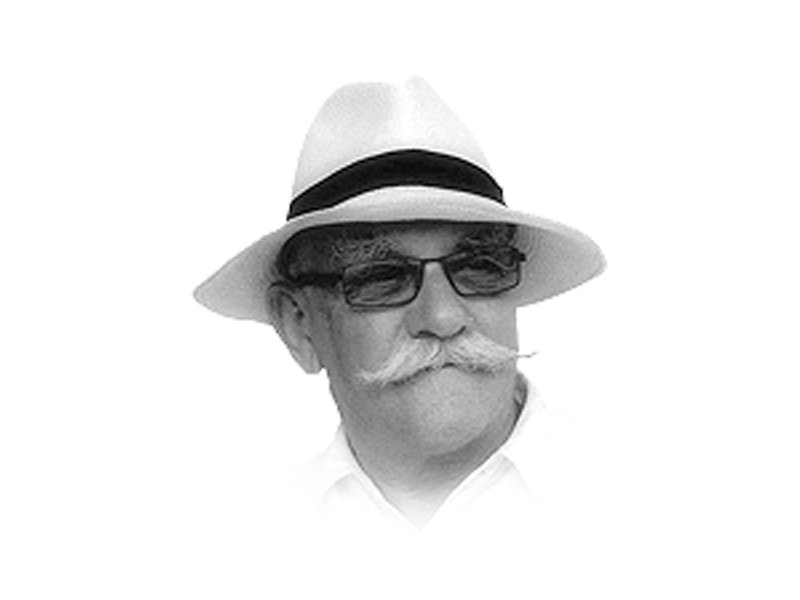
Peace in an absolute sense has been a rarity in Afghanistan for centuries. Long before Britain and Russia and Uncle Sam were meddling there were innumerable internal conflicts in a society that is best described as fragmented, tribal and fractious. None of that conflict was the fault of external forces though external forces certainly exacerbated it over the years. Today the country remains in conflict, perhaps the saddest example of cynical powerplays in the world today, and it is going to remain so for the foreseeable future.
The fight between a basket of what may be generalised as Islamist groups with the Taliban, al Qaeda and Islamic State leading the pack is stalemated. There is no victory to be had certainly for the ‘western’ forces, but the Taliban may well eventually hold the balance of power though the conflict will continue. What the external forces will be seeking to do — are doing now in Syria and to a lesser extent in Iraq and along the Maghrib — is running a containment operation. A modern version of the ‘cordon sanitaire’ is under construction, piecemeal as of today but the dots will eventually join up.
There is nothing new about the concept and it has many references — prior to vaccination it was one of the ways in which governments restricted the spread of infectious diseases, and in modern times was used in the Ebola outbreaks in Africa. In Afghanistan, Syria, Iraq and elsewhere there is no inoculation against the virulent disease that is capable of spreading like wildfire, indeed jumping from place to place borne on the winds of the Internet or, as seems to be the case in Spain, borne on the words of a cleric bent on mayhem.
Without the prospect of a vaccine being developed that is effective against ideology containment, a cordon sanitaire, is an option. It is never going to be wholly effective and will require constant and effective maintenance in human and fiscal terms, and will remain the blurred edge between peace and war for perhaps generations to come, becoming institutionalised rather than a stopgap measure. There will be periodic leakage that will manifest as multi-casualty attacks beyond the cordon, which serve as justification for its maintenance. Neither peace nor war will prevail and instead managed instability and a graduated animus to all things Islamic.
With Pakistan something of an ideological free-fire zone those running the cordon in Afghanistan will be wanting to mount periodic containment operations that — as drone strikes are today though they have been fewer of late — are violations of national sovereignty. This is unlikely to perturb them, and no matter what Big Orange may be saying there seems little prospect of those tasked with the management of the cordon giving two hoots as to what the Pakistan government may think or desire, outside its compliance with the internal rules of the cordon sanitaire.
For Jens Stoltenberg and Nato and its members the cost of inaction in Afghanistan is greater than the cost of the action(s) now proposed. A Grau-Zone tinged with pink is going to define the new war-that-is-not-war and peace-that-is-not-peace, its borders will be labile and periodically infringe nationality. And for Pakistan? Well vaccination was never an option, was it? Tootle-pip!
Published in The Express Tribune, August 24th, 2017.
Like Opinion & Editorial on Facebook, follow @ETOpEd on Twitter to receive all updates on all our daily pieces.













COMMENTS (1)
Comments are moderated and generally will be posted if they are on-topic and not abusive.
For more information, please see our Comments FAQ